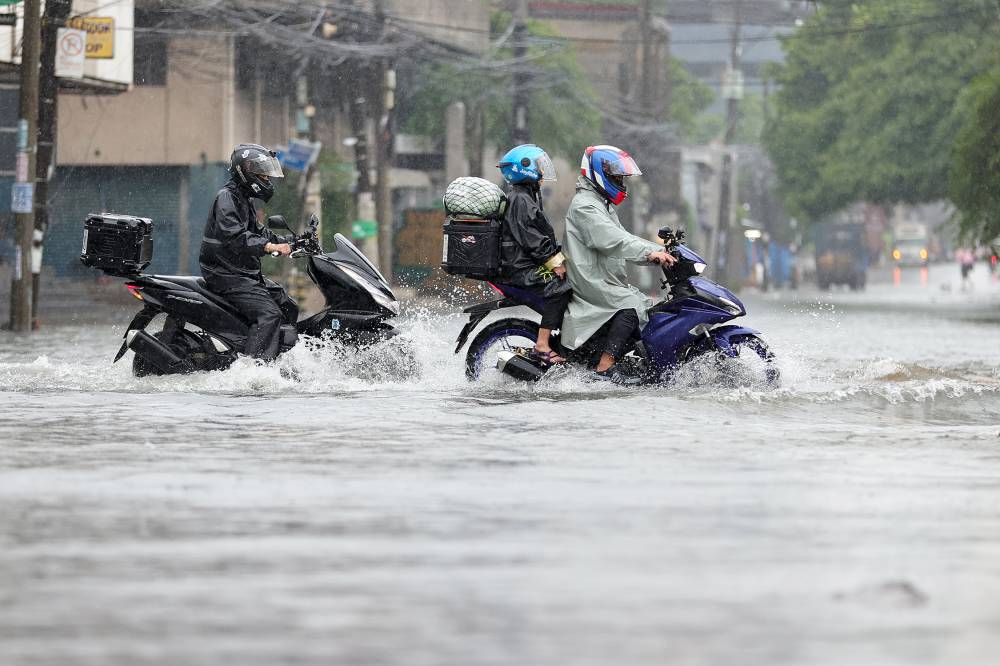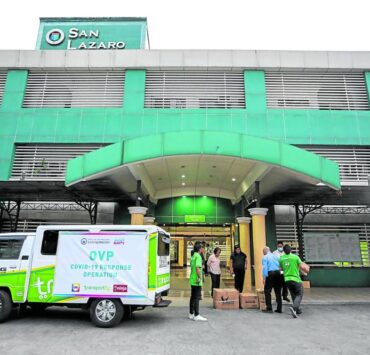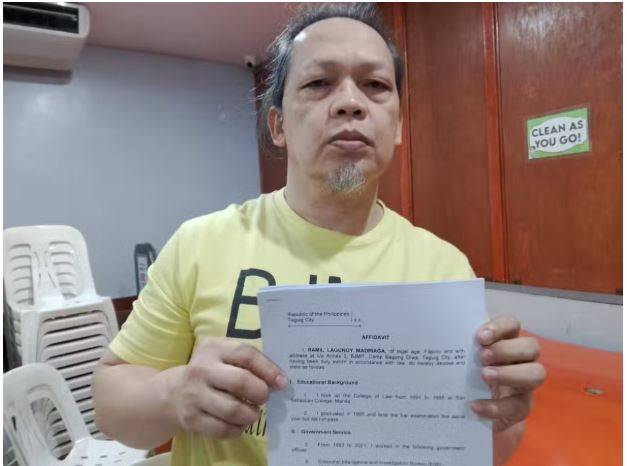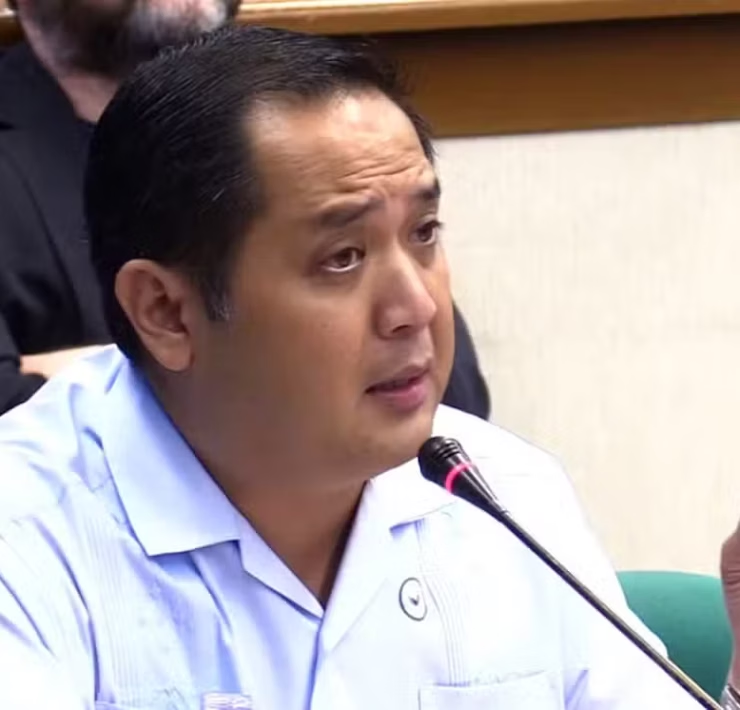‘Congressmen-contractors’ in flood control works–Ping

A modus operandi apparently involving members of the House of Representatives or their relatives moonlighting as contractors may have been adding to overpriced or substandard construction, or both, of flood control and other infrastructure projects, a senator bared over the weekend.
In an interview with radio dzBB on Sunday, Sen. Panfilo “Ping” Lacson said the scheme, dubbed as “passing through,” is known within the Department of Public Works and Highways (DPWH).
“For example, if a contractor builds a project in the district of a lawmaker who is a contractor or who has relatives that are contractors, he/she must pay a five-percent ‘passing through’ fee, like a toll. That already deducts from the cost of the project,” Lacson said.
“The fee is usually five percent but sometimes it goes up to six. Based on the information we got from contractors, the project is compromised. How will the contractor be compensated if he/she does not use substandard materials or take shortcuts? The government is, thus, shortchanged,” he added.
When asked how much of the project cost actually goes to the project after the “passing through” fees, along with the taxes and commissions are paid, Lacson said, “sometimes less than 40 percent.”
President Marcos himself had earlier warned that he had “some names” of contractors involved in anomalous flood control projects.
Concern over list
Lacson said he was curious about the DPWH’s list of flood control projects that it submitted to Malacañang and “if congressmen-contractors found liable be actually punished and [made to] face charges.”
He revealed that some House members had called him up after reports came out that he had a list of 67 congressmen who are contractors.
Lacson clarified that he merely asked a friend during the opening of the 19th Congress how many congressmen are contractors.
“They told me that not all their contracts are with government, and most are with private companies. I chuckled and said I don’t have a list and I didn’t know they or their relatives were contractors until they told me,” he said.
Projects compromised
Lacson cited as an example the “shortcut” in the sectioning of a dike or flood control mitigation project, where the project specifications call for 150 meters, but the contractor completes only 50 meters.
In other cases, the contractor does not follow project specifications to drive sheet piles six meters into the ground, and instead drives them only three meters. This results in the dike getting easily damaged because the contractor scrimps on materials.
Another case involves not mixing gravel with sand, thus weakening the foundation of a flood control project. “If a cyclone hits and the river overflows, the structure is easily destroyed because the foundation is weak,” he said.
Lacson also noted that these fees force contractors to pare down their profit margins to 10 percent instead of 15 percent.
Death by floods
What is worse, Lacson said, is the cost to human lives when these projects fail: “People die during floods brought by cyclones. That is the worst part.”
The senator said he continues to pursue the verification of information into failed and ghost flood control projects and is willing to compare notes with Malacañang on the list of projects that the DPWH submitted.
He also urged the Palace to appeal to the corporate social responsibility of other big companies, citing the offer of San Miguel Corp. president Ramon Ang to do a cleanup of rivers and other waterways at no cost to the government.
“[Ramon Ang] said he only needs authorization. Imagine if the country’s richest families will pool their CSR (corporate social responsibility) resources together and do what government spends hundreds of billions on in tax money every fiscal year, but seems to fail to deliver. It may be a little out of the box, but why not?” he said in a post on X.
He added that Ang’s commendable initiative is an opportunity for Malacañang “to issue a clarion call to other billionaires in the Forbes list to pool their resources for this as an act of corporate social responsibility.”
“Imagine if RSA or a big corporation offered to solve the flooding in Metro Manila, what if a challenge was made to others in the Forbes list to help the government in this regard? I am sure they would agree, and you can just imagine the problem we can solve,” he said.
Should Ang deliver on his offer, Lacson added, he will move to reduce the 2026 flood management appropriations for Metro Manila for the DPWH and the Metropolitan Manila Development Authority.





















